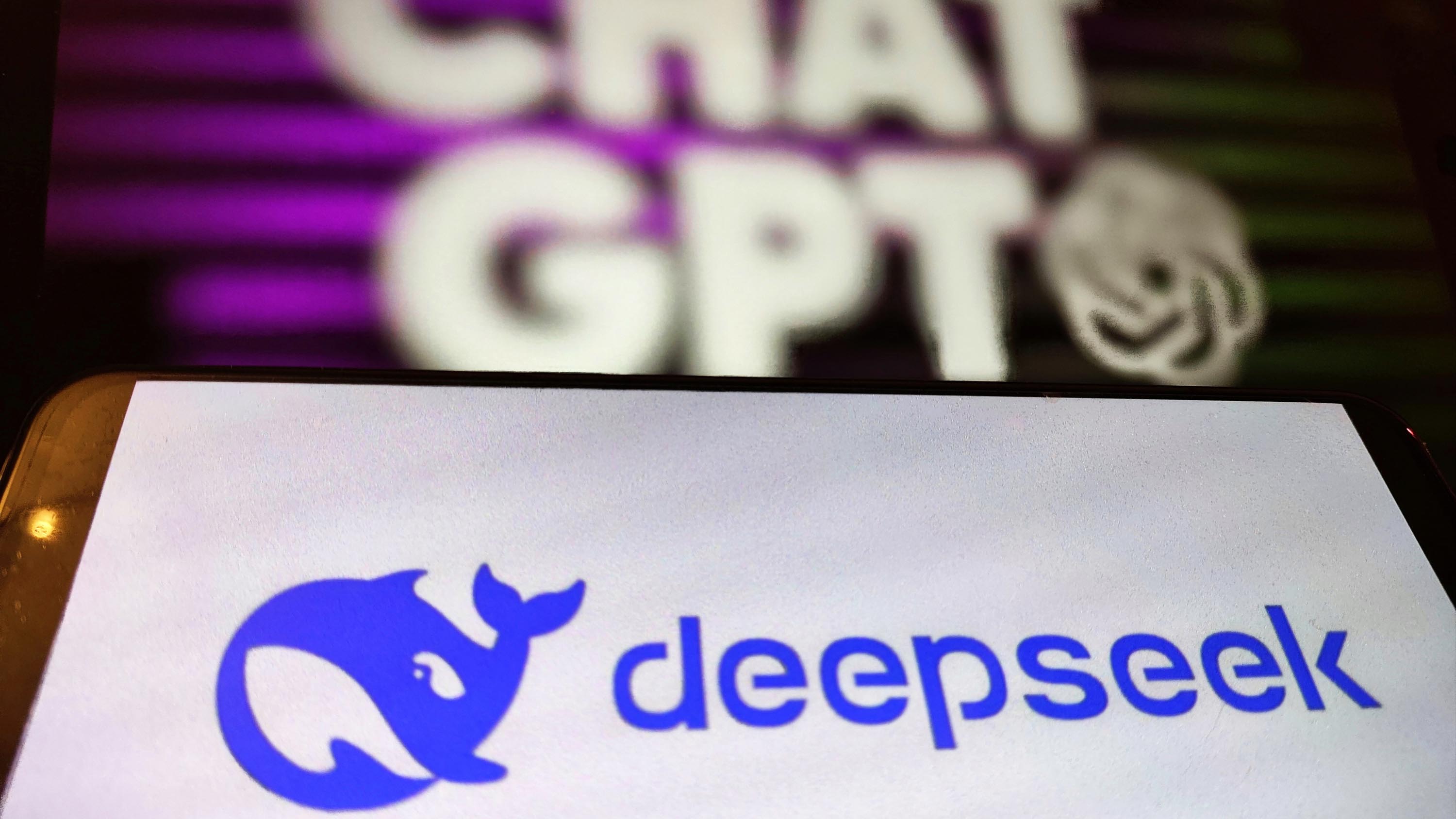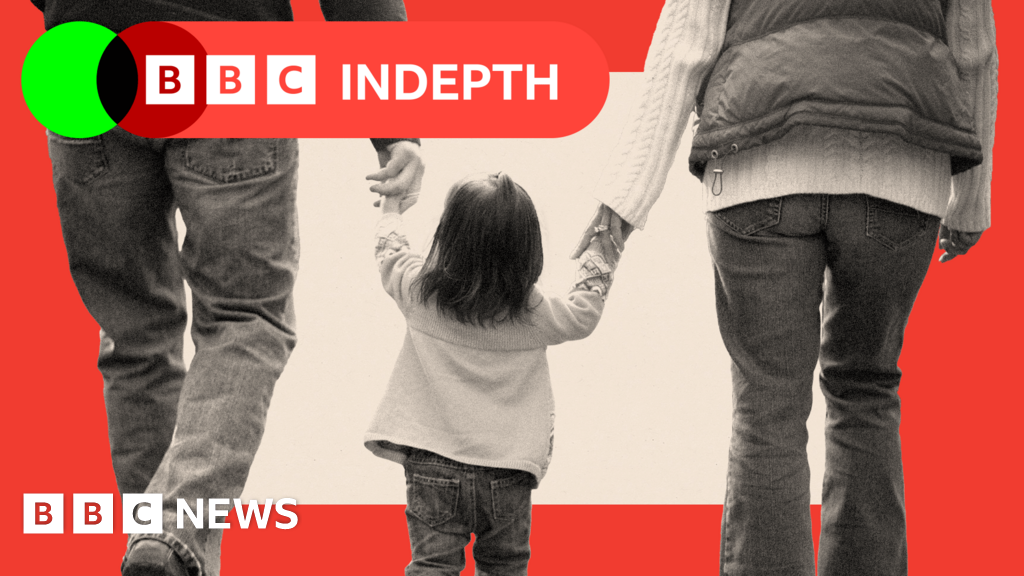Columbia Student Mahmoud Khalil Faces Deportation Amid Controversy Over Free Speech and Anti-Israel Activism

Lawyers representing Mahmoud Khalil, a student at Columbia University, have made a striking statement regarding the rights of various groups in the United States. They asserted that Nazis appear to enjoy more legal protections than Khalil, particularly in light of a recent ruling by a Louisiana court regarding his potential deportation. The legal team highlighted the irony that while Nazi groups and the Ku Klux Klan can openly express their beliefs without consequence, Khalil faces the threat of removal from the country due to his political activities.
Judge Jamee Comans issued a ruling on Friday stating that the government sufficiently proved, through clear and convincing evidence, that Khalil is eligible for deportation. Khalils attorney, Marc van der Hout, expressed outrage at this decision and indicated that they plan to appeal the ruling, which means Khalil will not face immediate deportation.
The case has garnered significant attention, particularly because it is part of a broader trend where several international students have had their visas revoked and faced arrests by Immigration and Customs Enforcement (ICE). However, it is important to note that Khalil is a green card holder and considered a legal permanent resident. His arrest and the ensuing deportation threat reflect the stringent measures that the Trump administration has taken against even those who have legal standing in the country.
Mahmoud Khalils background is as complex as the case itself. Born in a Syrian refugee camp, his family fled to Lebanon in 2012 amidst the ongoing conflict in Syria. Khalil arrived in the United States in 2022 and subsequently married Dr. Noor Abdallah, a US citizen. Although he initially came to the US on a student visa, his marriage to a US citizen allowed him to secure his status as a legal permanent resident.
At Columbia University, Khalil became actively involved in the group Apartheid Divest, which advocates for the divestment from Israel and calls for a ceasefire in Gaza. His leadership in pro-Palestine protests has drawn scrutiny, with officials from the Trump administration alleging that he is promoting Hamass agenda. They have particularly pointed to his distribution of pro-Hamas materials, including flyers featuring Hamas logos, as well as his support for the organizations actions, notably the violent attacks on October 7, 2023, against Israel.
However, Khalil and his legal representatives firmly deny any direct affiliation with Hamas. They contend that his activism is centered on advocating for Palestinian rights rather than endorsing Hamas or its activities. The legal team argues that the claims linking Khalil to Hamas are based on misunderstandings and mischaracterizations of his exercise of free speech. They stress that the government has failed to present any substantial evidence, such as material support or coordinated efforts with Hamas, that would substantiate the allegations against him.
This case has raised significant questions about the boundaries of free speech in the United States, particularly when it comes to political activism related to contentious issues such as the Israeli-Palestinian conflict. The implications of the ruling not only affect Khalils future but also set a concerning precedent for other activists who might find themselves in similar situations.




























